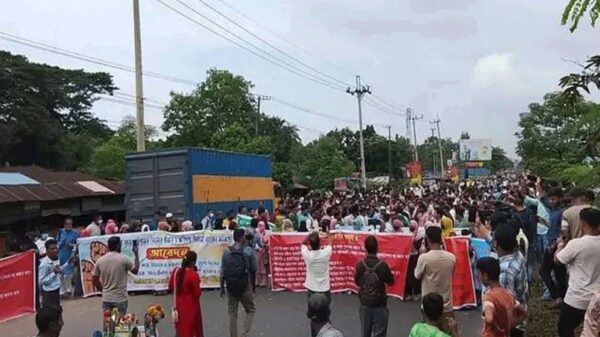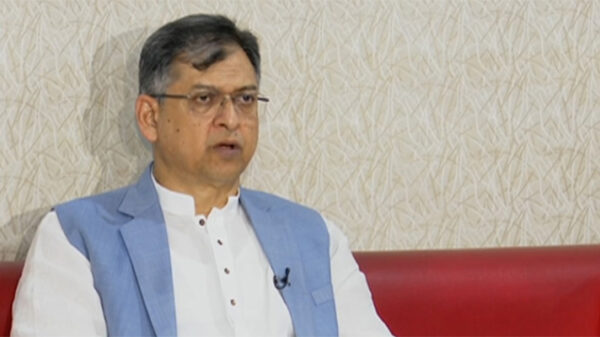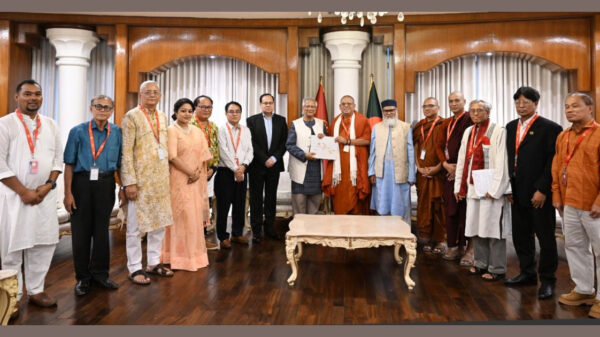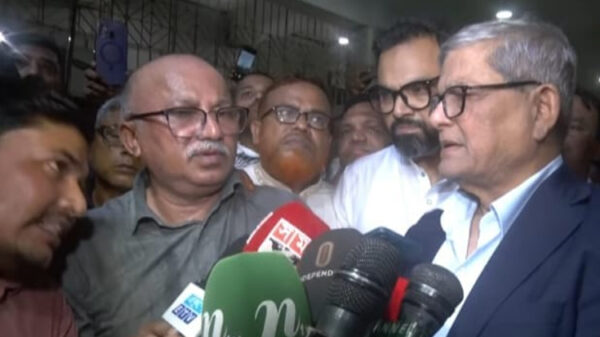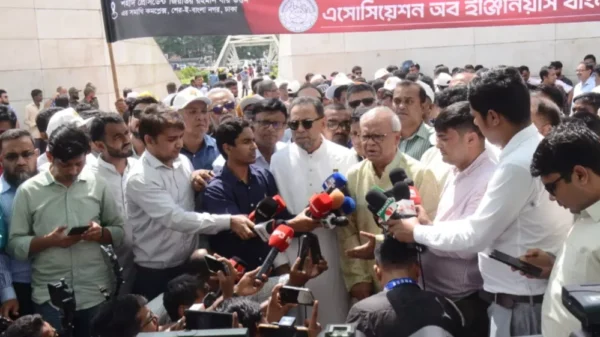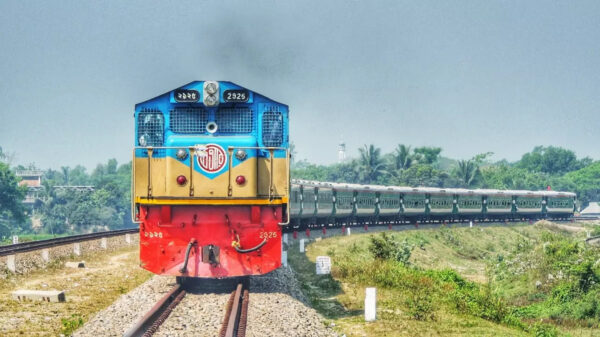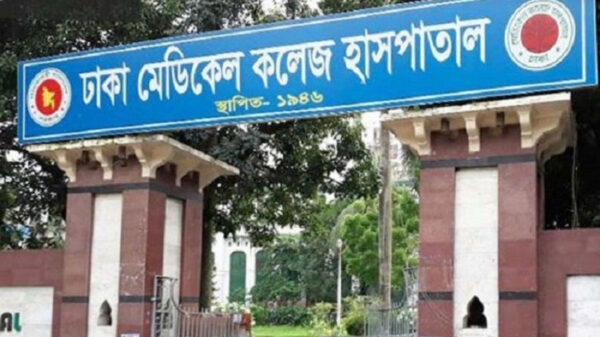Staff Reporter:
Speakers at a discussion on Tuesday called for coordinated efforts by enlisting the support of the people to save Bangladesh’s common rivers and the environment.
They made the call while addressing a discussion organized by the International Farakka Committee (IFC) to mark the Farakka Long March Day 2023 at the National Press Club.
Today (May 16) is the Farakka Long March Day. On this day in 1976, leader of the toiling masses Mau-lana Abdul Hamid Khan Bhasani led the March from Rajshahi to Kansat near the Bangladesh-India bor-der to protest unilateral withdrawal of Ganges water, ensure due share of water and protection of Bang-ladesh’s environment.
The speakers said the long march paved the way for signing of the first Ganges Water Sharing Treaty in 1977. Subsequently a MoU and an agreement were signed but without the main safety valve – guarantee clause.
With Mostafa Kamal Majumder, the coordinator of IFC, in the chair, the function was addressed, among others, by Mostafa Jamal Haider, chairman of Jatiya Party (Jamal), Saiful Huq, general secretary of Biplabi Workers’ Party, Shahidullah Kaysar, general secretary of Nagorik, Oikya, and Elahi Newaz Khan former president of Dhaka Union of Journalists (DUJ)
The speakers said that Bangladesh now can do nothing if water does not flow from upstream.
On the other hand, the country remains deprived of normal flooding due to construction of embank-ments on all 54 common rivers, but faces devastating floods at intervals, they observed.
In the dry season, a process of desertification is observed in the northern and the south-western parts of Bangladesh.
The Farakka Long March of Moulana Bhashani thus remains relevant even to this day, the speakers said.
They said that as the largest delta in the world, Bangladesh owes its origin to rivers which carried silt to form the land over the millennia. Disruption of flows of rivers has threatened the geographical integrity of this land of rivers.
The environmental balance of the country is in jeopardy due to reduction of flows of rivers for five dec-ades. Harmful salinity of seawater has reached from the shore to Aricha in Manikganj with devastating effects on the river ecosystem, they said.
They said that as the natural floodplains do no longer have normal flooding during the wet season, in-digenous fish, aquatic organisms, weeds, water lilies and other aquatic plants have disappeared from many districts.
Again, being deprived of the dry season flows, many small rivers in the lower catchments of the Ganges and the Teesta have died. In such a situation the life and livelihood of people have come under severe stress.
The speakers said Bangladesh would not have experienced such environmental disasters if International law relating to rivers and water was upheld.
Common rivers should continue to flow from their origins to their outfalls in the sea, otherwise, they will die, they said.
Water experts of India and the rest of the world are aware of the river-environmental disasters in Bang-ladesh and are vocal against them.
The speakers said that raising a voice against this cannot be termed as enmity. Works are ongoing worldwide on proper sharing of rivers and cooperation between upper-riparian and lower-riparian peo-ples.
They said that without this, rivers will not remain alive. Bangladesh should raise a strong voice to assert this and take steps to ensure natural flows of rivers and protect the riverine environment
The speakers eulogized the foresight of Maulana Abdul Hamid Khan Bhasani and urged all concerned to take inspiration from the lesson he taught at the age of 96 in the movement to protect the environmental balance of Bangladesh.
The meeting sympathized with IFC New York chairman, Atiqur Rahman Salu who had fallen ill and prayed for his early recovery.
Earlier, Dr. SI Khan, former adviser to the UN on water and environment and Sr. Vice-President, IFC Bangladesh, made a keynote speech.
Samyabadi Dal leader Kazi Mostafa Kamal, US-based senior journalist and poet Salem Suleri and IFC organizing secretary Ataur Rahman Ata were among those who spoke at the function.



